Big tech’s sleeping giant has finally entered the generative AI arena
Apple unveiled a raft of new AI-powered tools and features at its WWDC conference this week

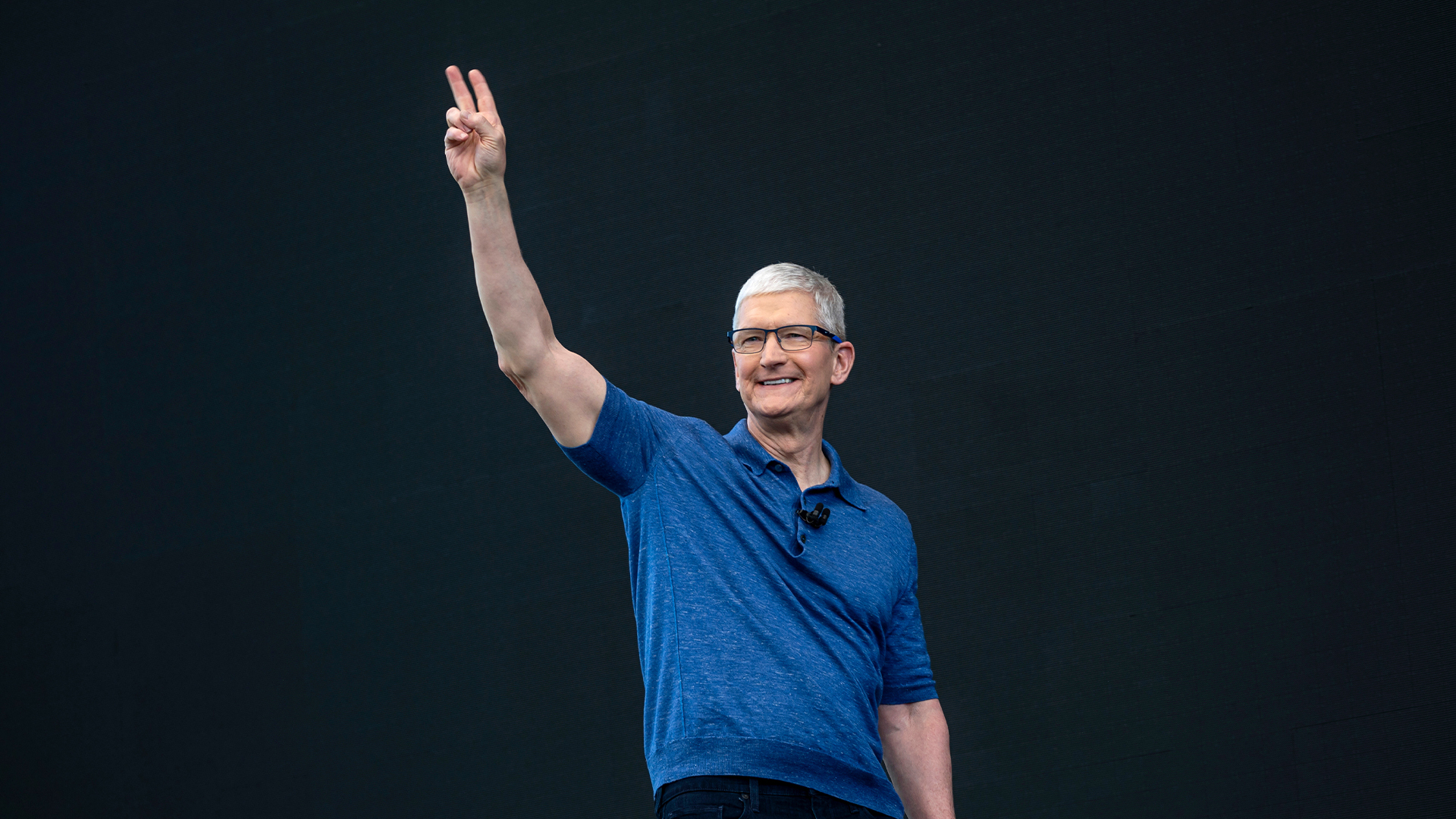
For some time now, Apple has been viewed as something of a sleeping giant in the generative AI space. While Google, Microsoft, and a myriad of big tech companies have been slugging things out in this domain, the company has been holding its cards close to its chest.
It’s a talking point that hasn’t gone unnoticed over the last year, and the firm has been quietly drip feeding hints at its plans. In December, Apple launched a range of open source tools in a bid to provide on-device machine learning capabilities.
The Apple MLX framework allows users to build AI tools harnessing Apple Silicon, and was touted as a major hint at its pending AI ambitions. This was followed by speculation in February that the tech giant was building an AI coding tool similar to GitHub Copilot.
CEO Tim Cook has also offered up frequent veiled hints on the company’s AI ambitions over the last year, but nothing truly groundbreaking has been announced so far.
That’s all about to change, however. At its Worldwide Developers Conference (WWDC), Apple firmly planted its flag in the generative AI space, unveiling a raft of new AI-powered tools and features, as well as a major partnership with OpenAI to embed ChatGPT within Siri.
Apple’s marquee announcement centered around the launch of Apple Intelligence, the company’s “personal intelligence system” that integrates generative AI capabilities across iPhone, iPad, and Mac devices.
In quintessential Apple style, Cook was eager to emphasize that safety and data privacy will be at the core of Apple Intelligence features.
Sign up today and you will receive a free copy of our Future Focus 2025 report - the leading guidance on AI, cybersecurity and other IT challenges as per 700+ senior executives
“It has to understand you and be grounded in your personal context, like your routine, your relationships, your communications, and more,” he said.
“And of course, it has to be built with privacy from the ground up. All of this goes beyond artificial intelligence,” Cook added. “It’s personal intelligence, and it’s the next big step for Apple.”
Apple Intelligence will be woven into the very fabric of the company’s flagship operating systems, the company revealed, meaning iOS, macOS, and visionOS users will have access to new features.
All of these new capabilities are very much focused on making life easier for users. For example, people with iPhones will now be able to record, transcribe, and summarize audio using Apple Intelligence.
Image tools have also been added across the company’s platforms, allowing users to create emojis or illustrations by describing them. Even the calculator app has a dynamic new look and will be able to solve equations for users in real-time.
However, these new features do require significant processing power. But the company has compensated for this. Apple confirmed it is adding Private Cloud Compute to its offering. This essentially allows users to offload complex AI tasks to the cloud, rather than processing them on-device.
This has two key advantages, the company said. Users will be able to harness private AI processing capabilities while bolstering privacy. Apple described PCC as the “most advanced security architecture ever deployed for cloud AI compute at scale”.
“With groundbreaking Private Cloud Compute, Apple Intelligence can draw on larger server-based models, running on Apple silicon, to handle more complex requests for you while protecting your privacy,” the firm said.
Apple’s shiny generative AI features are more than just a consumer market grab
All the announcements at WWDC will likely excite Apple customers, but there’s more to this latest move than just flashy new tools. This marks the company’s first major foray into the generative AI space - and one that firms such as Microsoft will likely have been keeping a close eye on throughout the keynotes.
Thomas Husson, VP principal analyst at Forrester, said that while many of the announcements were expected, what really matters here is how Apple will utilize its developer ecosystem to drive continual improvements and deliver tangible benefits for users.
“Taken in isolation, each announcement looks like a minor incremental innovation to improve the user experience,” he said. “What matters is the total sum of improved experiences that brands will be able to develop on top of devices across Apple’s ecosystem, and how consumers perceive them.
“Apple has always been paying attention to detail and telling a story that benefits people in their daily lives. Today, Apple resisted constantly referring to the overhyped GenAI buzz and highlighted that they have been investing in many different AI technologies, such as machine learning, for quite some time.”
RELATED WHITEPAPER

Anisha Bhatia, senior technology analyst at GlobalData, said the announcements showed that Apple is “no longer playing catch-up” in the generative AI race, with its news features pitting it firmly against Google and Microsoft.
“The company is off to the races with its cheeky branding of ‘Apple Intelligence’ and a horde of on-device features, on par with Google and Microsoft in the generative AI arena,” Bhatia said.
“Apple will be rolling out its intelligence features systemwide and across its own apps in iOS 18 for iPhones, iPadOS 18 for iPads and Mac Sequoia for Macbooks, showcasing the powerful role played by Apple's ecosystem in its AI implementation.”
Both Bhatia and Husson highlighted the fact that Apple deliberately avoided cumbersome technical jargon throughout the keynotes, which will likely have been a breath of fresh air for consumers incessantly bombarded with flamboyant claims over the last 18 months.
Messaging, in Apple’s case, will be key here given its late arrival to the arena. But in calmly articulating its vision and outlining the tangible, every day benefits of AI, it may have already struck an early lead in the marketing battle that will unfold in the coming months.
“Unlike its competitors, Apple has taken a consumer-friendly approach to explaining the benefits of AI,” Bhatia said.
“The emphasis on on-device intelligence and Private Cloud Compute aligns with Apple's narrative around privacy and transparency. Android rival Google’s marketing and messaging around AI has been scrambled at best.”

Ross Kelly is ITPro's News & Analysis Editor, responsible for leading the brand's news output and in-depth reporting on the latest stories from across the business technology landscape. Ross was previously a Staff Writer, during which time he developed a keen interest in cyber security, business leadership, and emerging technologies.
He graduated from Edinburgh Napier University in 2016 with a BA (Hons) in Journalism, and joined ITPro in 2022 after four years working in technology conference research.
For news pitches, you can contact Ross at ross.kelly@futurenet.com, or on Twitter and LinkedIn.
-
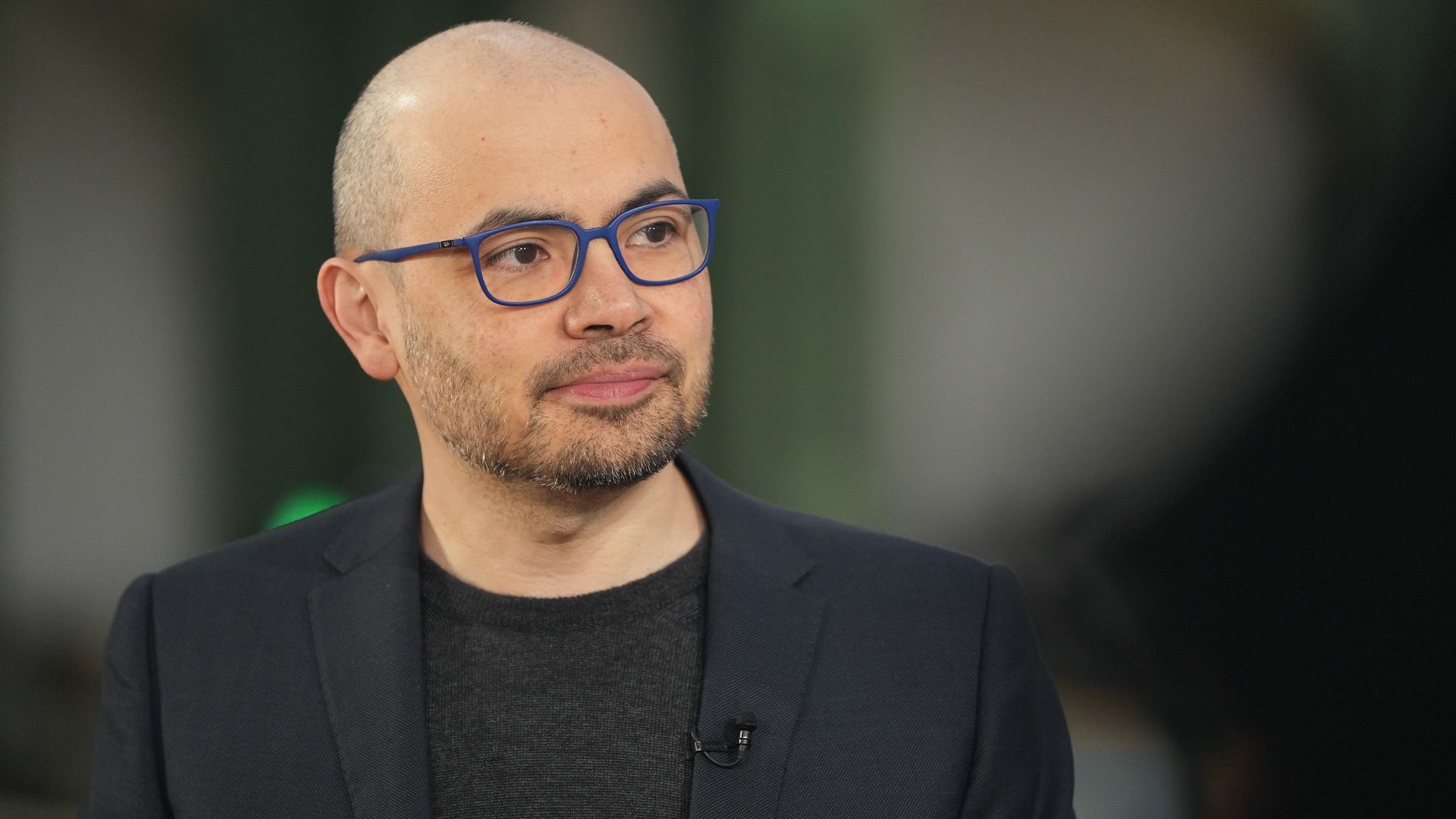 Google DeepMind CEO Demis Hassabis thinks startups are in the midst of an 'AI bubble'
Google DeepMind CEO Demis Hassabis thinks startups are in the midst of an 'AI bubble'News AI startups raising huge rounds fresh out the traps are a cause for concern, according to Hassabis
-
 OpenAI turns to red teamers to prevent malicious ChatGPT use as company warns future models could pose 'high' security risk
OpenAI turns to red teamers to prevent malicious ChatGPT use as company warns future models could pose 'high' security riskNews The ChatGPT maker wants to keep defenders ahead of attackers when it comes to AI security tools
-
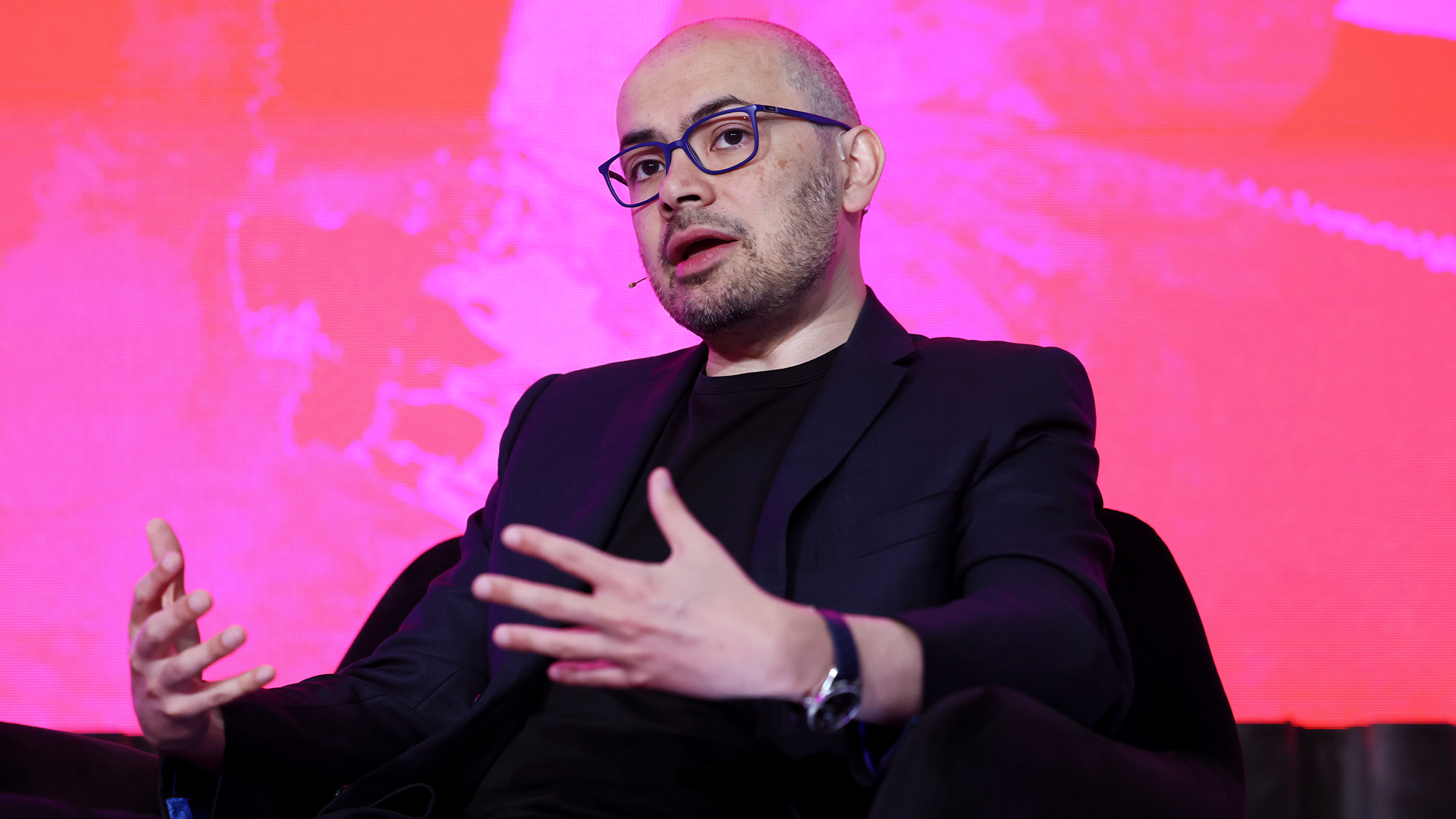 Google DeepMind partners with UK government to boost AI research
Google DeepMind partners with UK government to boost AI researchNews The deal includes the development of a new AI research lab, as well as access to tools to improve government efficiency
-
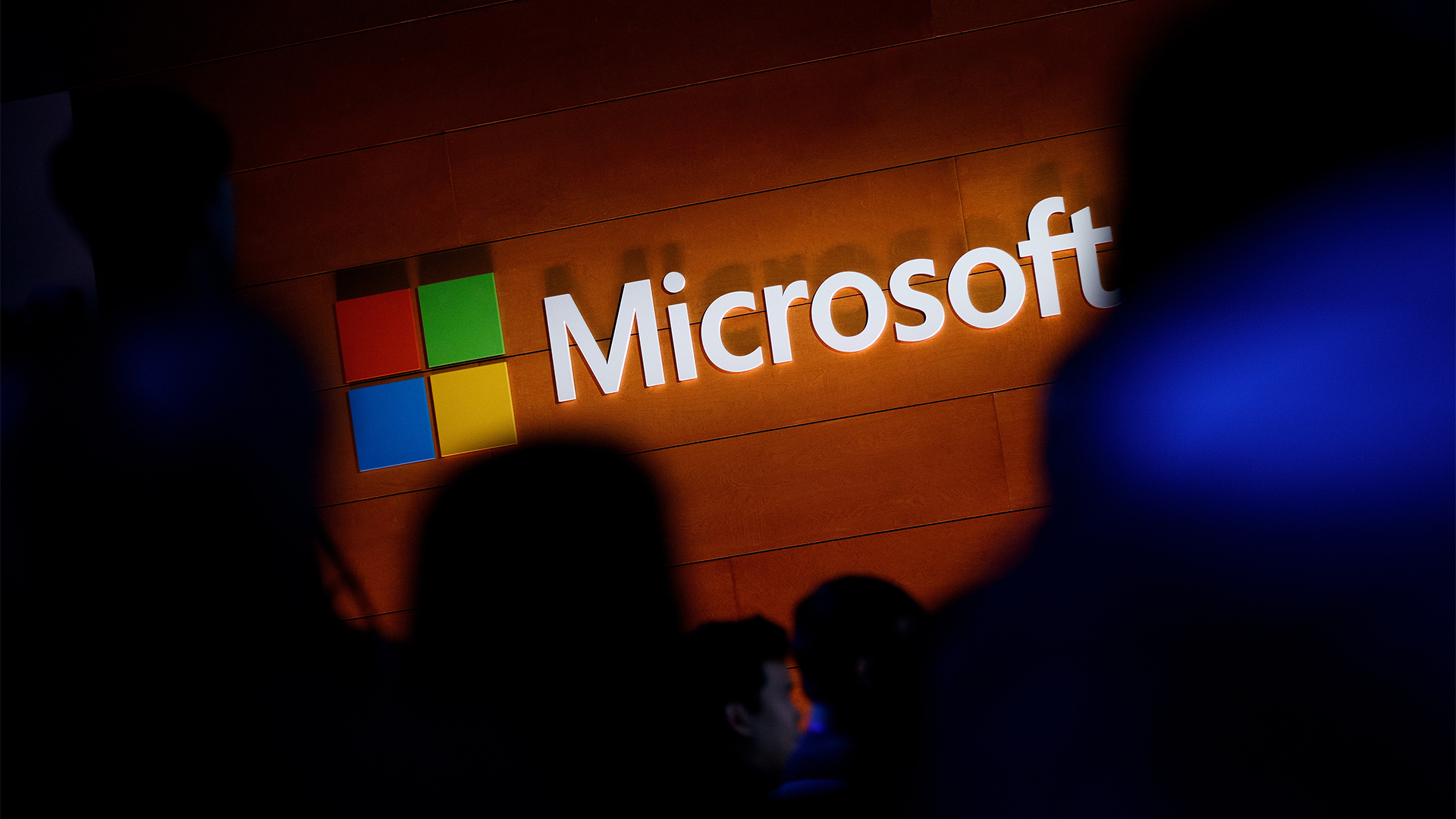 Microsoft quietly launches Fara-7B, a new 'agentic' small language model that lives on your PC — and it’s more powerful than GPT-4o
Microsoft quietly launches Fara-7B, a new 'agentic' small language model that lives on your PC — and it’s more powerful than GPT-4oNews The new Fara-7B model is designed to takeover your mouse and keyboard
-
 Microsoft is hell-bent on making Windows an ‘agentic OS’ – forgive me if I don’t want inescapable AI features shoehorned into every part of the operating system
Microsoft is hell-bent on making Windows an ‘agentic OS’ – forgive me if I don’t want inescapable AI features shoehorned into every part of the operating systemOpinion We don’t need an ‘agentic OS’ filled with pointless features, we need an operating system that works
-
 Google blows away competition with powerful new Gemini 3 model
Google blows away competition with powerful new Gemini 3 modelNews Gemini 3 is the hyperscaler’s most powerful model yet and state of the art on almost every AI benchmark going
-
 Microsoft's new Agent 365 platform is a one-stop shop for deploying, securing, and keeping tabs on AI agents
Microsoft's new Agent 365 platform is a one-stop shop for deploying, securing, and keeping tabs on AI agentsNews The new platform looks to shore up visibility and security for enterprises using AI agents
-
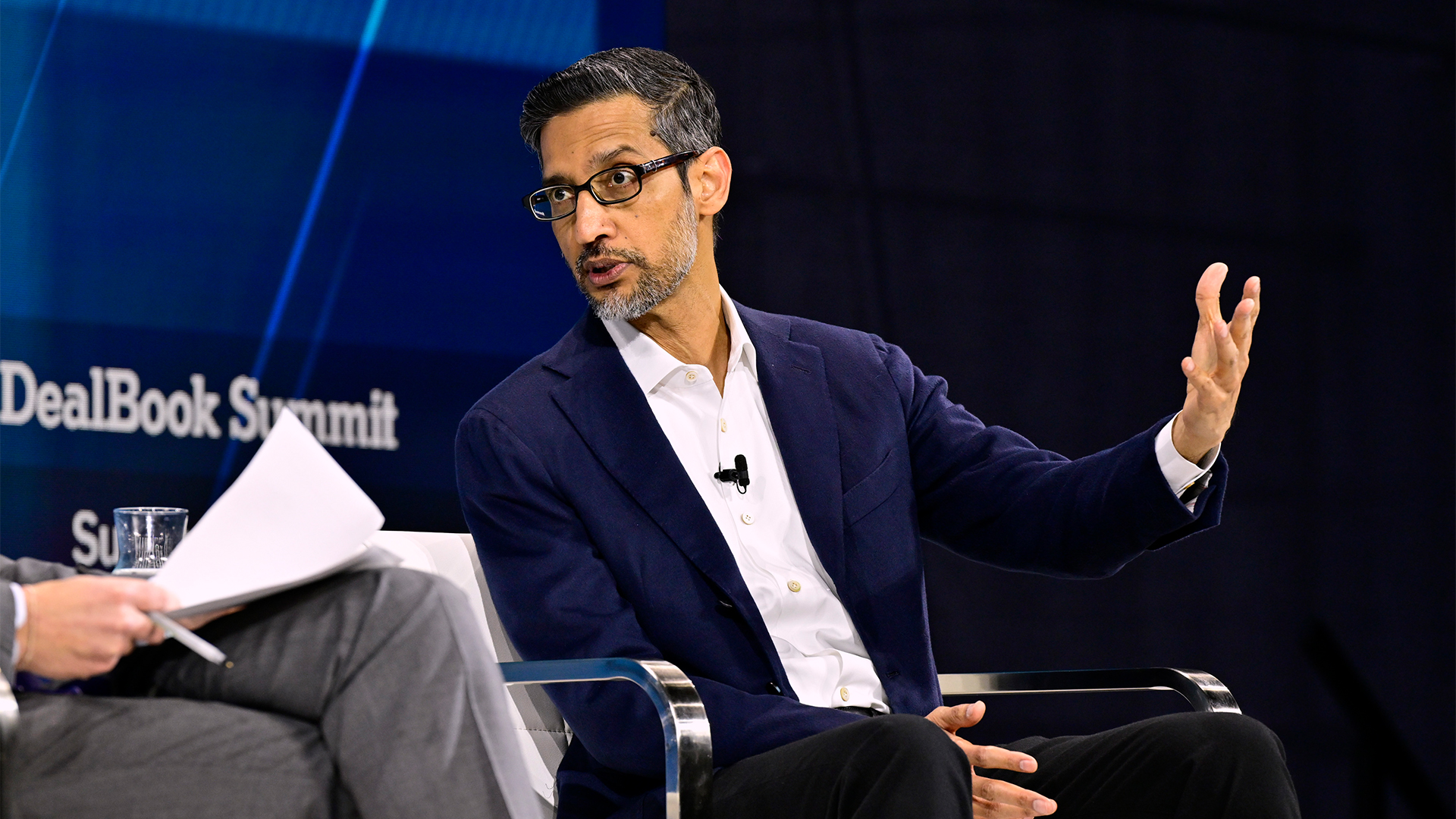 Google CEO Sundar Pichai sounds worried about a looming AI bubble – ‘I think no company is going to be immune, including us’
Google CEO Sundar Pichai sounds worried about a looming AI bubble – ‘I think no company is going to be immune, including us’News Google CEO Sundar Pichai says an AI bubble bursting event would have global ramifications, but insists the company is in a good position to weather any storm.

